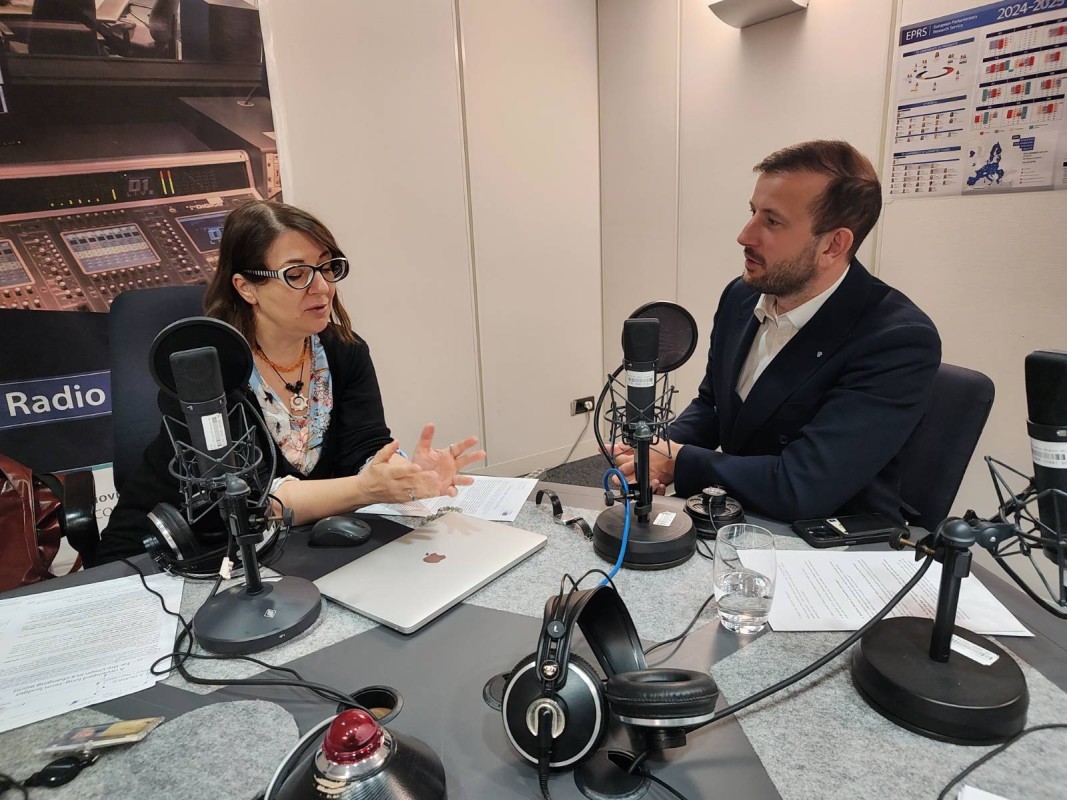
"Nuclear energy is extremely expensive. Even when not building new capacities from scratch, it still takes a long time. Few countries in the EU have the capacity to process uranium," he commented.
"Considering the pros and cons of nuclear and renewable energy, renewables come out ahead in most respects, although nuclear energy remains more stable," the former Environment Commissioner told the Horizon Before Noon programme of the BNR's national Horizon channel.
On the issue of water shortages, Sinkevičius stressed the need to take tough measures to preserve water and ensure it is not contaminated.
"We need to implement water reuse strategies. Farmers could use seeds that require less irrigation. We should strive for a circular economy."
Regarding the situation in Greenland and U.S. claims over its strategic resources, MEP Sinkevičius said the most important question is what the local people think - what kind of future they envision for their land.
"The U.S. made a big mistake with those imperialist statements about Greenland," he remarked.
"Green energy is the cheapest form of energy. European households will feel that when their electricity bills start to drop. It’s not just a competitive edge but part of enhancing social welfare," emphasized the MEP in response to a question about how, under external pressure and internal skepticism, Europeans will be persuaded that green policies are not a luxury for the wealthy.
"In the event of a war, I don't think the EU, NATO, or green policies would exist. War can destroy everything," he concluded.
Yet another disaster, yet another series of analyses and post-hoc actions by the relevant institutions. The devastating flood that hit the resort village of Elenite a week ago, claiming four lives, has led the state to realise that the flooded..
“ The result of the changes in the services is the crushing of inconvenient opponents, ever more aggressive political repression, and the ever more brazen plunder of public resources and private business – about which we will be learning less and less,”..
The election for parliament in the Republic of Moldova on 28 September, 2025 ended in a landslide victory for the ruling Party of Action and Solidarity (PAS). The result was seen by many as a validation of the country’s pro-European policy against the..
EU roaming fees to be eliminated for Albania and Montenegro Roaming charges between Albania and the EU will be completely..
Bulgaria’s Parliament failed to hold a session for the third consecutive day due to a lack of quorum. As a result, the scheduled parliamentary control,..

+359 2 9336 661
